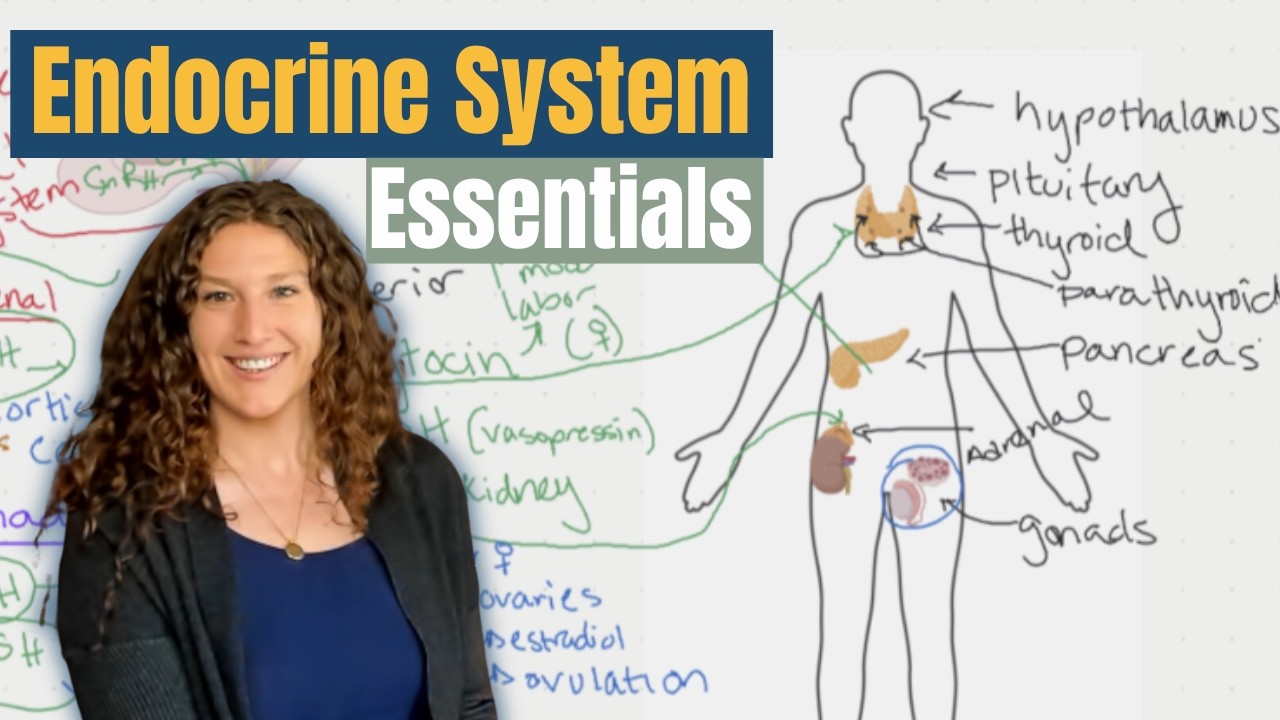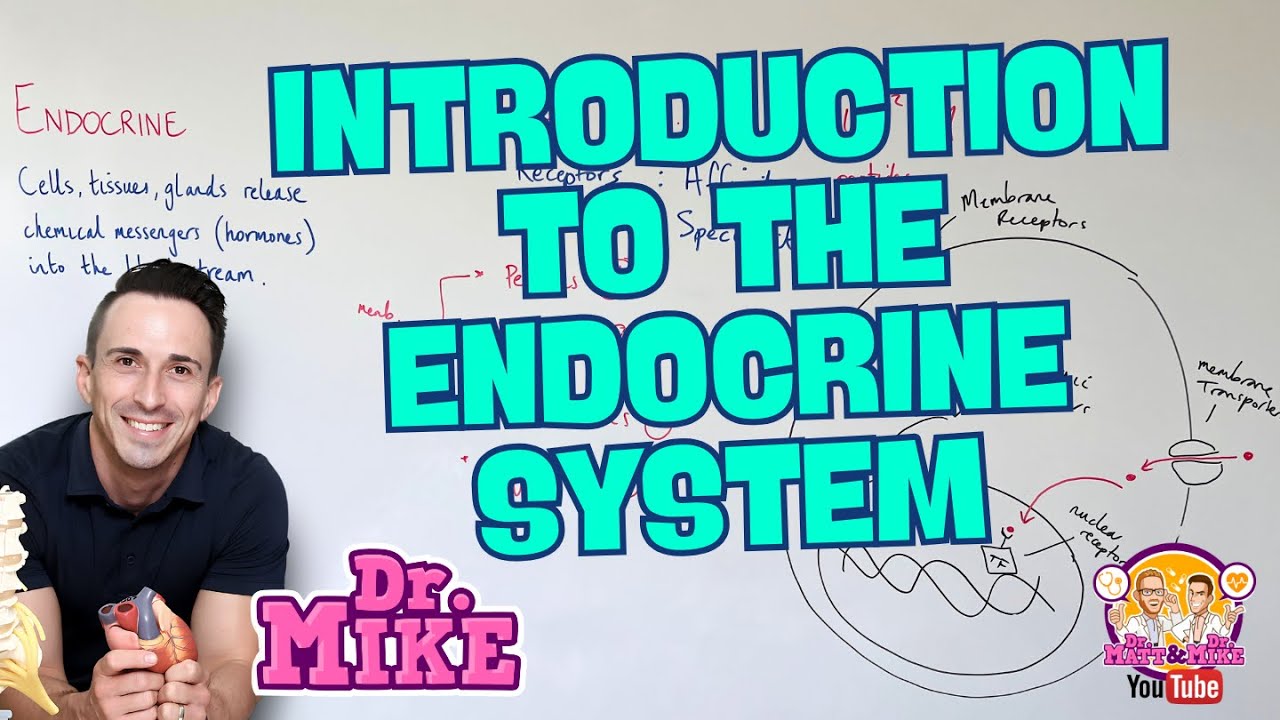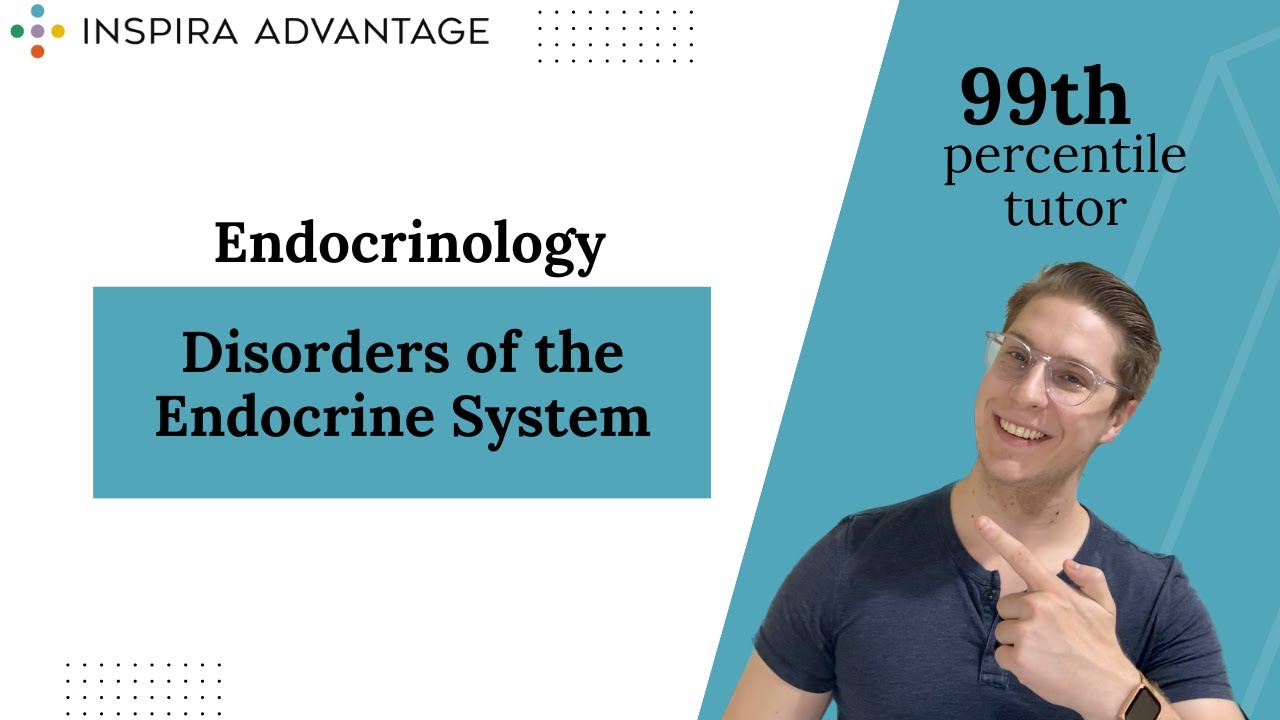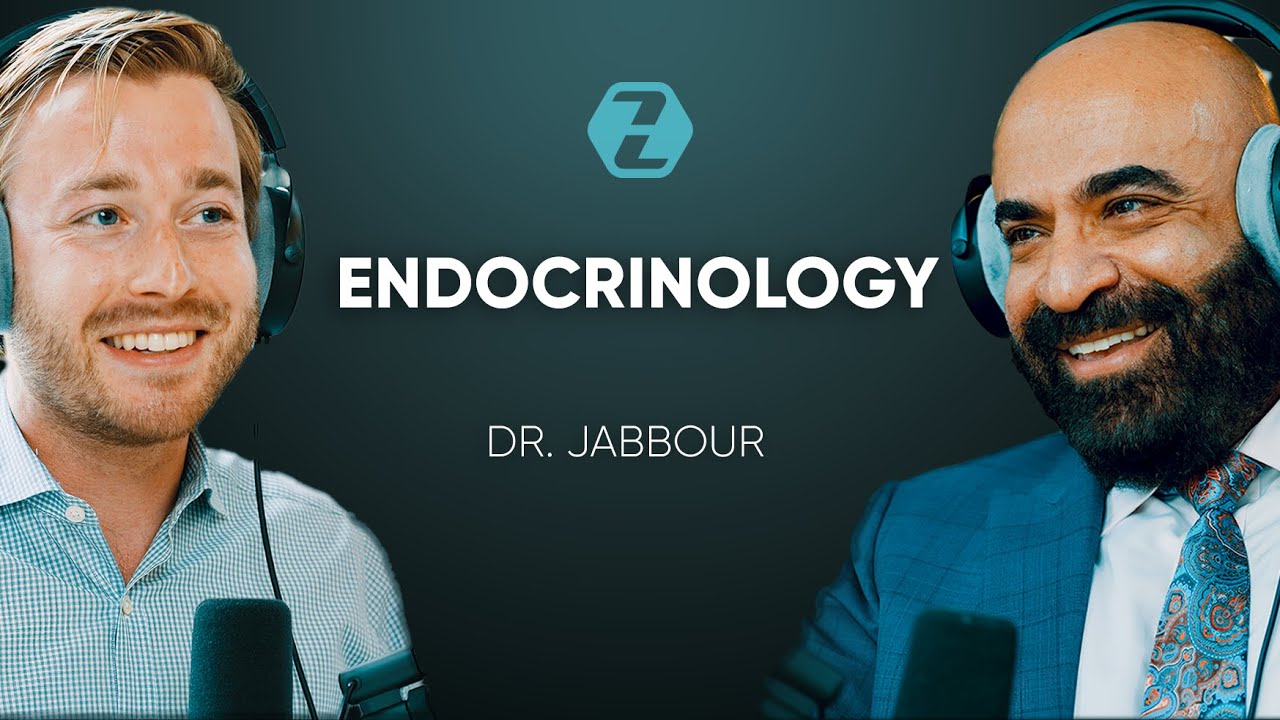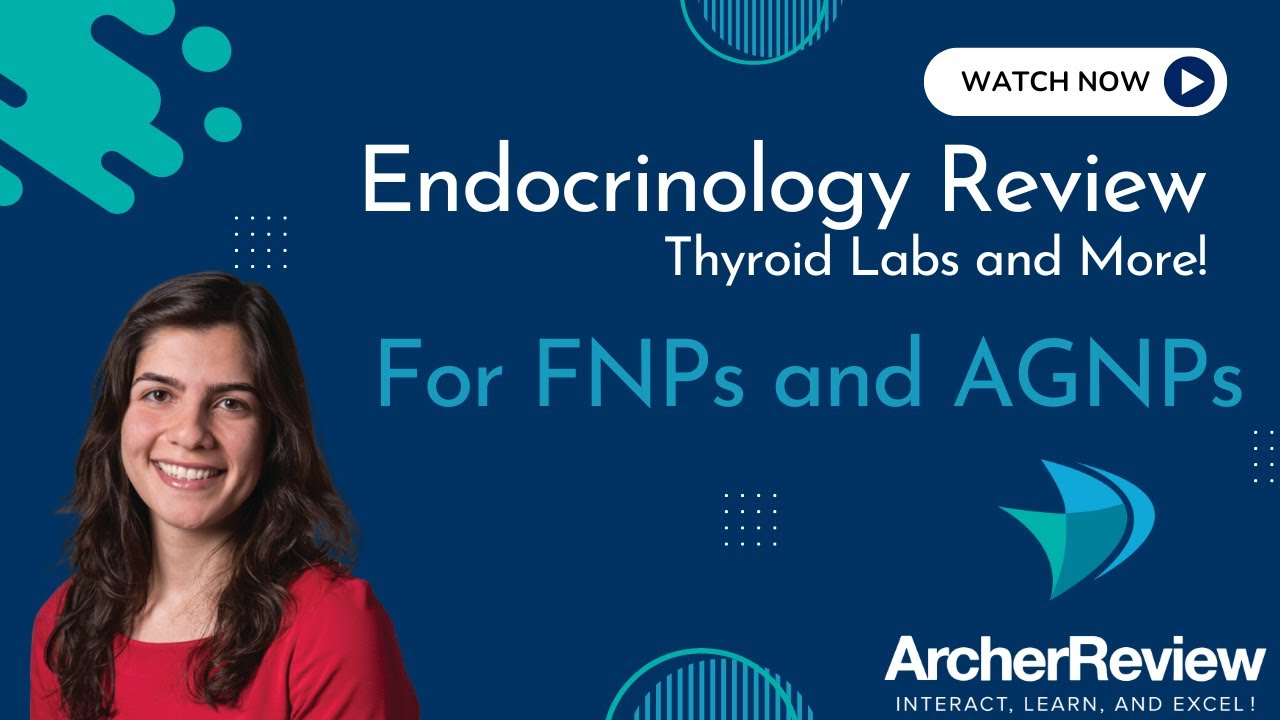The Endocrinology Channel
May 17, 2013 • Endocrinology, Oncology, Preventative Health, Reuters Health • The Doctor's Channel Newscast
NEW YORK (Reuters Health) – Postsurgical radioiodine treatment (RIT) has helped many children and adolescents living in Belarus who developed advanced radiation-induced differentiated thyroid carcinoma (DTC) after the Chernobyl reactor meltdown.
“Our long-term observational study in a large group of very high-risk Belarusian juveniles with radiation-induced DTC suggests that even when such disease is advanced and initially suboptimally treated, outcomes are generally favorable after appropriate RIT,” conclude the authors of the report in the Journal of Clinical Endocrinology and Metabolism online April 24.
As lead author Dr. Christoph Reiners, at the University of Wuerzburg, Germany, explained in an email to Reuters Health, “A considerable increase of the incidence of thyroid cancer in children and adolescents due to incorporation of radioactive iodine was the main negative health effect directly related to radiation which was observed in the populations of Ukraine, Belarus and western parts of Russia after the Chernobyl reactor accident in 1986. Generally, differentiated thyroid cancer in children seems to be more aggressive than in adults with more lymph node involvement and metastases to the lungs.”
In the current study, he and his colleagues evaluated outcomes in 229 selected high-risk children and adolescents from Belarus who received radioiodine treatment in Germany following surgery for differentiated thyroid cancer. Dr. Reiners noted that 97% had lymph node involvement and 43% had lung metastases.
Ideally, “Radioiodine should follow surgery after 3 or 4 weeks [once] endogenous TSH is sufficiently elevated or – alternatively – immediately after surgery using exogenous TSH stimulation with recombinant TSH,” he pointed out.
Complete remission was attained by 64% of the patients, the team reports, while 30% showed nearly complete remission and 5% had a partial response. During a median follow-up of 11.3 years, there was one cancer-related death and two recurrences.
In summary, “Even when the disease is advanced, the response to treatment and final outcome are mostly favorable,” Dr. Reiners commented.
In their report, he and his colleagues relate their experience to the Fukushima situation. “These days, people in Japan are afraid of a similar ‘epidemic’ of thyroid cancer as a consequence of the Fukushima accident in 2011,” Dr. Reiners observed.
“However,” he continued, “due to timely countermeasures (sheltering, evacuation, and a ban on potentially contaminated food and milk), the risk of radiation-induced DTC in children is much lower than it was after Chernobyl and — if there were any increased paediatric thyroid cancer incidence at all — it is very likely that due to early DTC diagnosis by screening, advanced cases would be avoided.”
SOURCE: Twenty-Five Years after Chernobyl: Outcome of Radioiodine Treatment in Children and Adolescents with Very-High-Risk Radiation-Induced Differentiated Thyroid Carcinoma
J Clin Endocrin Metab 2013.

